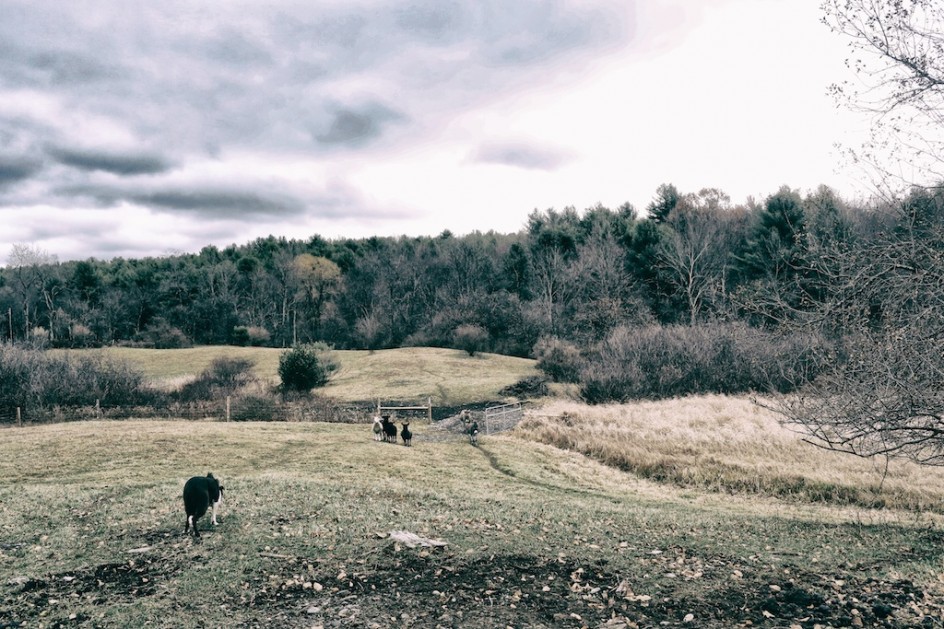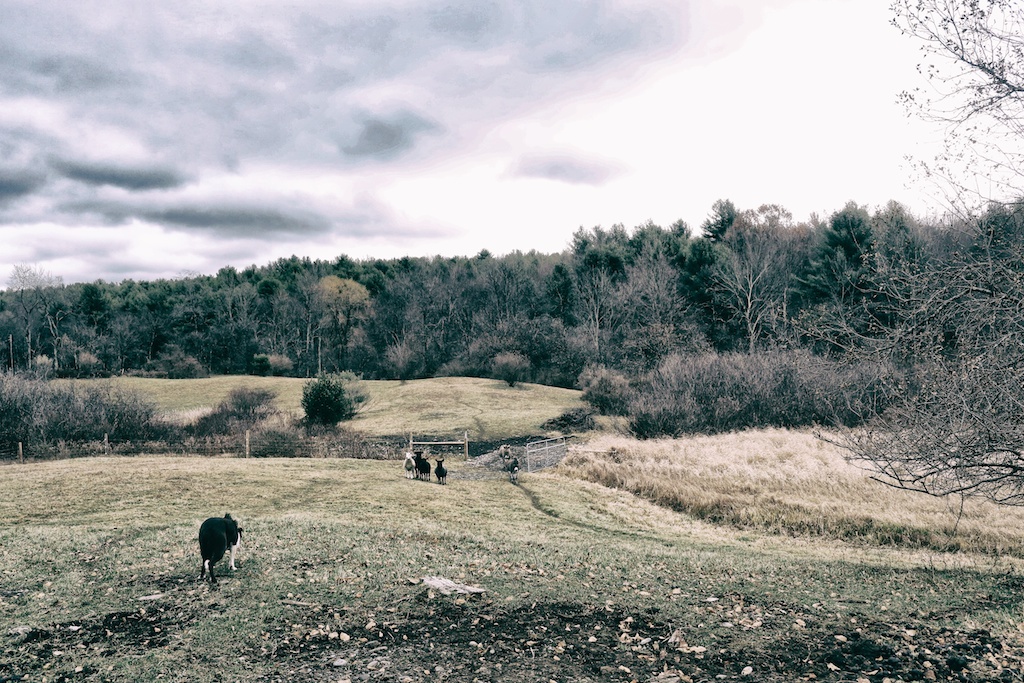
When the police broke into the home of my Aunt Bess a couple of years ago, they found her body in an upstairs bedroom, she had been dead for weeks, perhaps even longer. Few people ever saw her, and she rarely came out, and the neighbors only got concerned when they saw that the mail slot was so crammed with mail the postman couldn’t stuff any more in. When the police asked the neighbors – Bess had lived in the same house for more than 50 years – when they had last seen her, nobody could remember.
Bess was my mother’s sister, she was always considered the happiest, most beautiful and social of the three sisters, all first generation Russian refugees. In retrospect, it was clear she had the same disease my grandmother and mother – and me and some of the other members of my family – had, a genetic or behavioral anxiety that was life-threatening in so many ways. These were immigrants and the children of immigrants, and nobody ever thought to treat this disease or ever talked about it. Fear was as much a part of life as breathing, it was never considered something to be acknowledged, discussed or treated.
Bess always invited me to her house, she seemed the brightest and most engaged of my relatives – she had the most wonderful sense of humor, I remember her singing songs at family gatherings with great joy and style – and her husband Harry, a very good and smart man, got me to be a writer by sending me copies of the I.F. Stone Newsletter and other publications that got me excited about words.
I was close to her sons, Kenny and Peter, they were my best friends. Life changed for Bess when Kenny, a promising athlete, was stricken with cancer, and he struggled for five or six years with the disease before he died. I remember someone – I don’t remember who – suggesting that Bess see a psychiatrist to help her through that awful trauma, but she refused to discuss it.
I never saw Peter or Bess much after that, except it was whispered in the family that Bess had changed, she had become angry, she stopped smiling and laughing, stopped seeing people, became difficult to deal with and reclusive. No one understood that, death and loss were simply another part of life, you moved on, kept going, everyone had lost someone. Over time, no one spoke of her, she became an unmentionable thing, a sorrow no one wanted to know about, as if she were a curse or some kind of bad luck.
After a number of years my Uncle Harry left the house, and although he never divorced Bess or stopped aiding her financially, or taking care of the house, Bess retreated deeper and deeper into her life, living through mail-order catalogs, depositing money in various banks in search of the best interest rates, stocking her freezer with steaks so she wouldn’t have to go out to shop or eat. Why am I writing about Bess? Because I know in some ways we are the same thing, the same poisons inside of us, the only difference being the world had changed when I became engulfed, and I knew there was help and went to find it. I guess I wanted to live, and I don’t really think she did.
I saw Bess once or twice after her husband left and she withdrew from the world, she came to some of my Mother’s elaborate Thanksgiving family dinners, she was not the same person I knew as a child – she was nervous, paranoid, uncomfortable. She talked about her bank deposits, and her phobias about thieves, bad drivers, the weather. She seemed edgy, like she was about to jump out of her skin. When I asked my Mother about her, she would only shake her head and say nobody could help Bess, that she had tried. Bess had, in fact, driven off just about everyone in her life, no one saw her, although my mother called her often on the phone and worried constantly about her. Bess had always been the life of the party, she kept saying, she couldn’t understand her now. And I would argue with my Mother: she lost everything, I would say, she watched her son die, her husband left her, she is damaged, she needs help. But there did not seem to be help for Bess. She stopped answering the phone, going to family functions, accepting invitations, permitting visitors. I called her several times, she never returned the calls.
I guess help was a heresy in that world, my mother never got any, neither did anyone else in my family that I knew of. Until my sister did, and I did.
Maria had lunch with a friend yesterday, and she told me that she talked about this idea that life was like a pony you grabbed by the tail, and it could slip right out of you hands just like that, and be gone in a flash and out of sight. Yes, I said, you can lose your life in a second, my Aunt Bess lost hers.
I am grateful to Bess, she was always a safe port in a storm for me, and I always prefer to remember her as the laughing, energetic and loving Aunt I loved to visit. I was not to have another person like that in my life again for many, many years. Some of us can bounce back from tragedy and trouble, seek help and accept it, some of us can’t, and I often think of Bess and those lost souls that slip between the cracks of our greedy and distracted world and disappear, to die alone in their beds without comfort or notice.
There was no funeral for Bess, no memorial service, she was buried in a plot not too far from her home. I think of you Bess, especially on holidays when family looms in good and sad ways. I remember you, you are not forgotten, I am sorry you lived in a world that could not recognize your trouble and help you. I dedicate this post to you, your name and memory will live on at least in one place, stored in the great digital archive we are all building together.
You remind me, Bess, that life is precious, life is sacred, and must be lived, even in the face of so much sorrow and loss. I wish you had not given up on love, or second chances, or happy endings, but I imagine hoped died in you, and you had already left the world.
For what it’s worth, your life inspired me to never give up in that way, that hope and faith is as sacred as life and death. Thanks for that.

